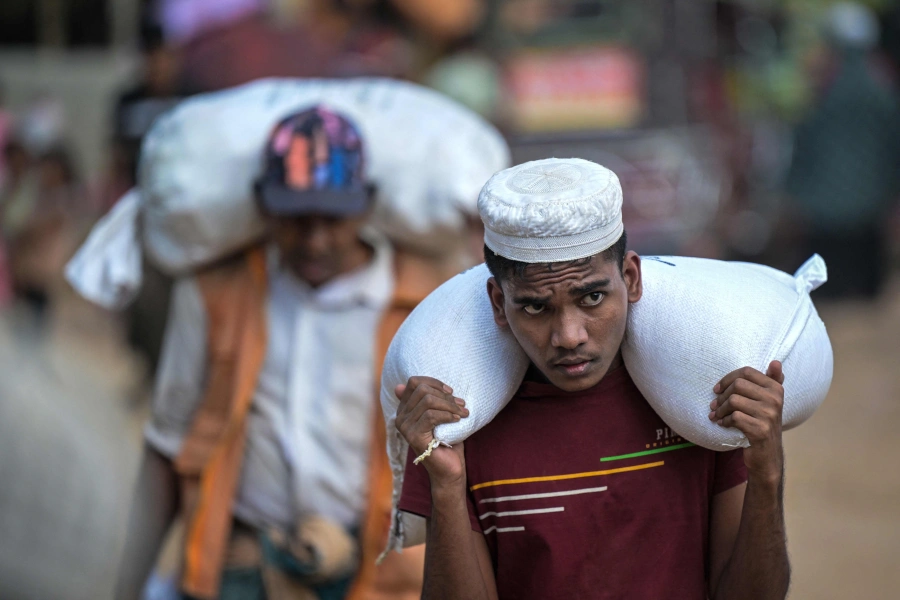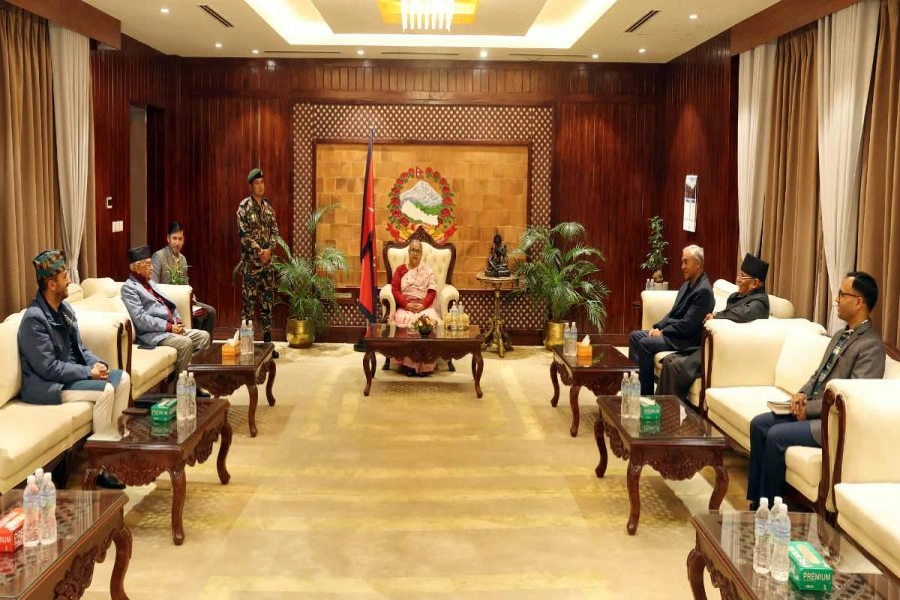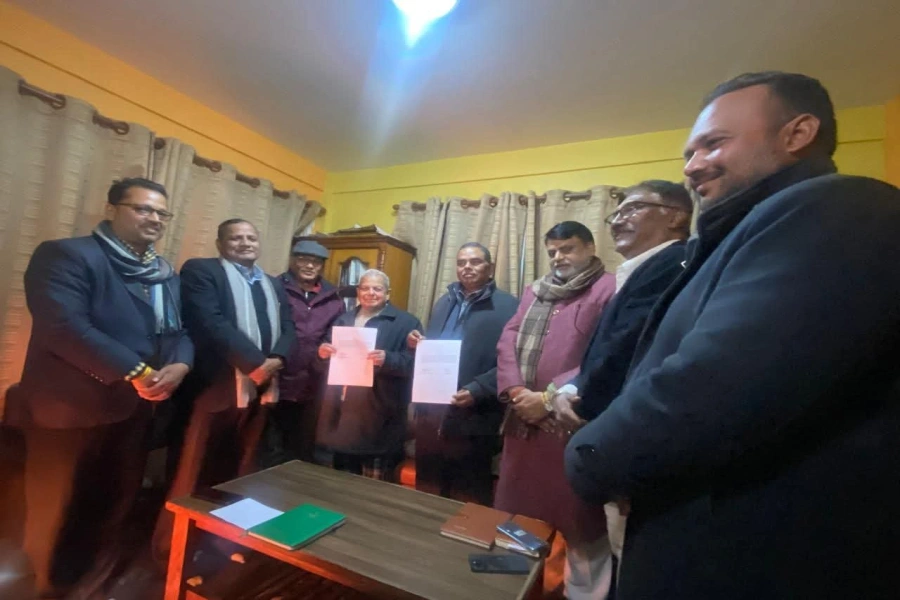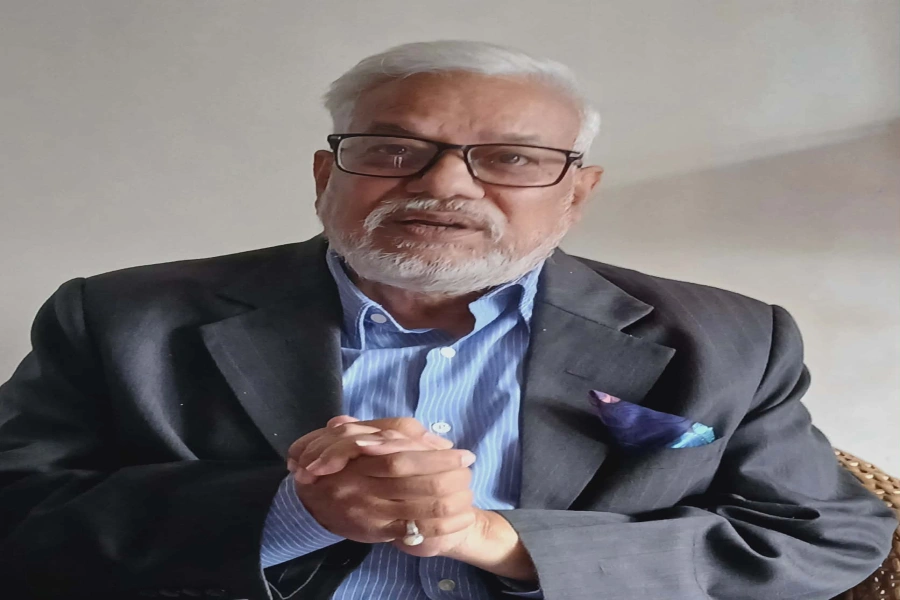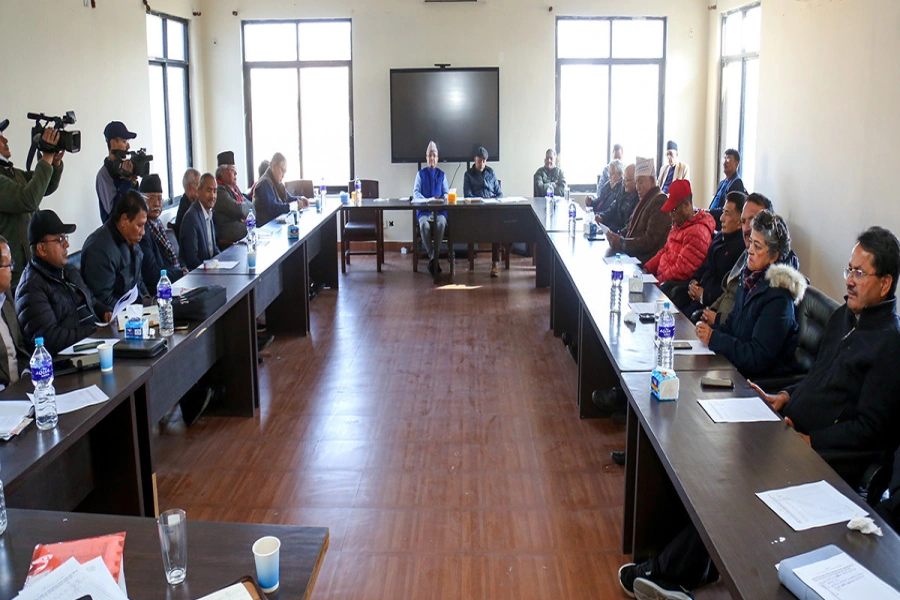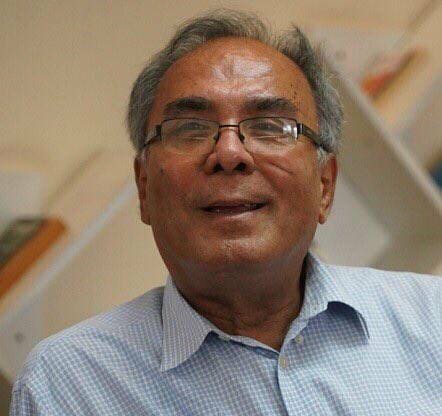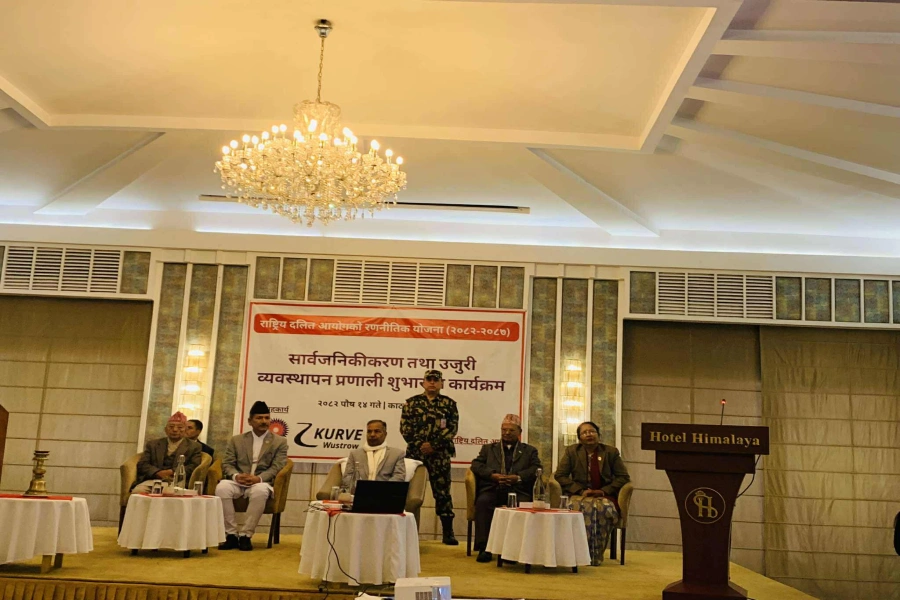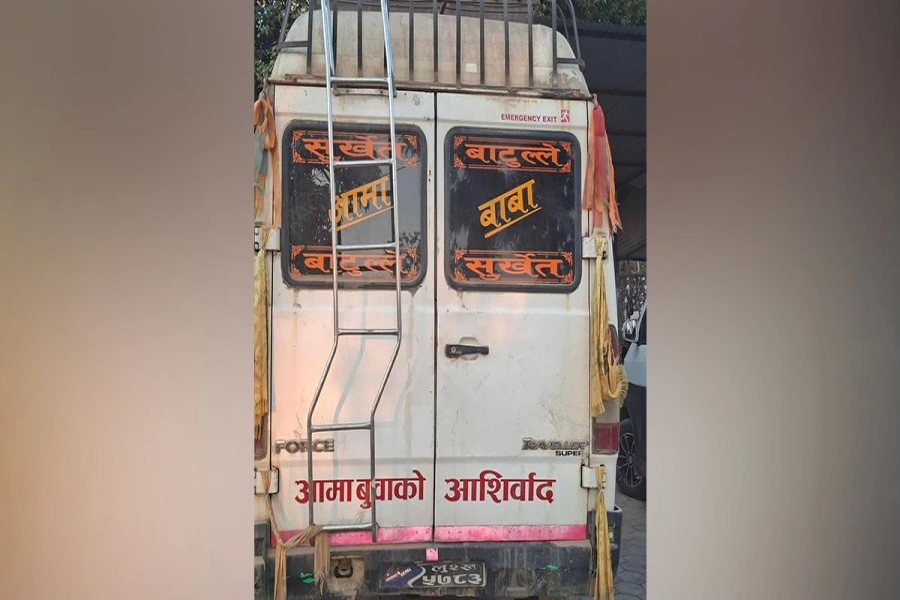KATHMANDU, Jan 22: In 2023, a striking trend emerged globally: for the first time, more new billionaires had amassed their fortunes through inheritance rather than entrepreneurship. This shift, documented by Oxfam, signals a growing concentration of wealth among a privileged few, with profound implications for countries like Nepal, where wealth inequality remains a concerning issue.
A recently released Oxfam report titled ‘Takers Not Makers: The unjust poverty and unearned wealth of colonialism’ reveals that 36% of the world’s billionaire wealth now comes from inheritance, with younger billionaires, particularly those under 30, inheriting their fortunes rather than building them. This marks a departure from the traditional narrative of self-made billionaires, highlighting a growing trend of wealth passed down through generations. Globally, more than 1,000 billionaires are projected to transfer over $5.2 trillion to their heirs over the next three decades, further entrenching generational wealth gaps.
The ripple of this global trend is being registered across developing countries, including Nepal, where inequality continues to widen. Nepal’s economy, heavily reliant on remittances, agriculture, and tourism, suffers significant disparities in wealth distribution. A 2019 Oxfam report titled ‘Fighting inequality in Nepal: the road to prosperity’ revealed that around 8.1 million people lived below the poverty line in Nepal. According to the report, the wealthiest 7% of households in Nepal own around 31% of agricultural land.
Oxfam says world wealth gap widening, advocates fairer taxes

While a small number of elites control vast wealth, the majority of the population struggles with poverty, limited access to education, and insufficient public services. Nepal’s Palma Ratio indicates that in 2019, the richest 10 percent of the population earned three times the income of the poorest 40 percent, holding 26 times the wealth of the poorest 40 percent.
Oxfam’s report also underscores the role of monopoly power in wealth accumulation, with 18% of billionaire wealth coming from monopolistic control over industries. In Nepal several industries remain dominated by a few powerful families. The concentration of wealth in the hands of a few perpetuates economic inequality, making it harder for new entrepreneurs to emerge and succeed.
The wealth gap is further exacerbated by Nepal’s relationship with global financial institutions. While countries in the Global North, such as the US and European nations, hold a disproportionate amount of influence in institutions like the World Bank and the IMF, Nepal’s government faces immense pressure to cut public spending, often at the expense of essential services. Between 1970 and 2023, countries in the Global South, including Nepal, paid over $3 trillion in interest to creditors in the Global North. This ongoing financial burden impedes Nepal from investing adequately in social programs and infrastructure.
Oxfam’s findings are a call to action for policymakers worldwide, including in Nepal, to address these systemic imbalances. The organization advocates for global tax reforms and greater South-South cooperation to combat extreme wealth concentration and promote more equitable economic systems. In Nepal, this could mean stronger policies to ensure wealth is distributed fairly and that the richest individuals contribute a fair share to the nation’s development.






